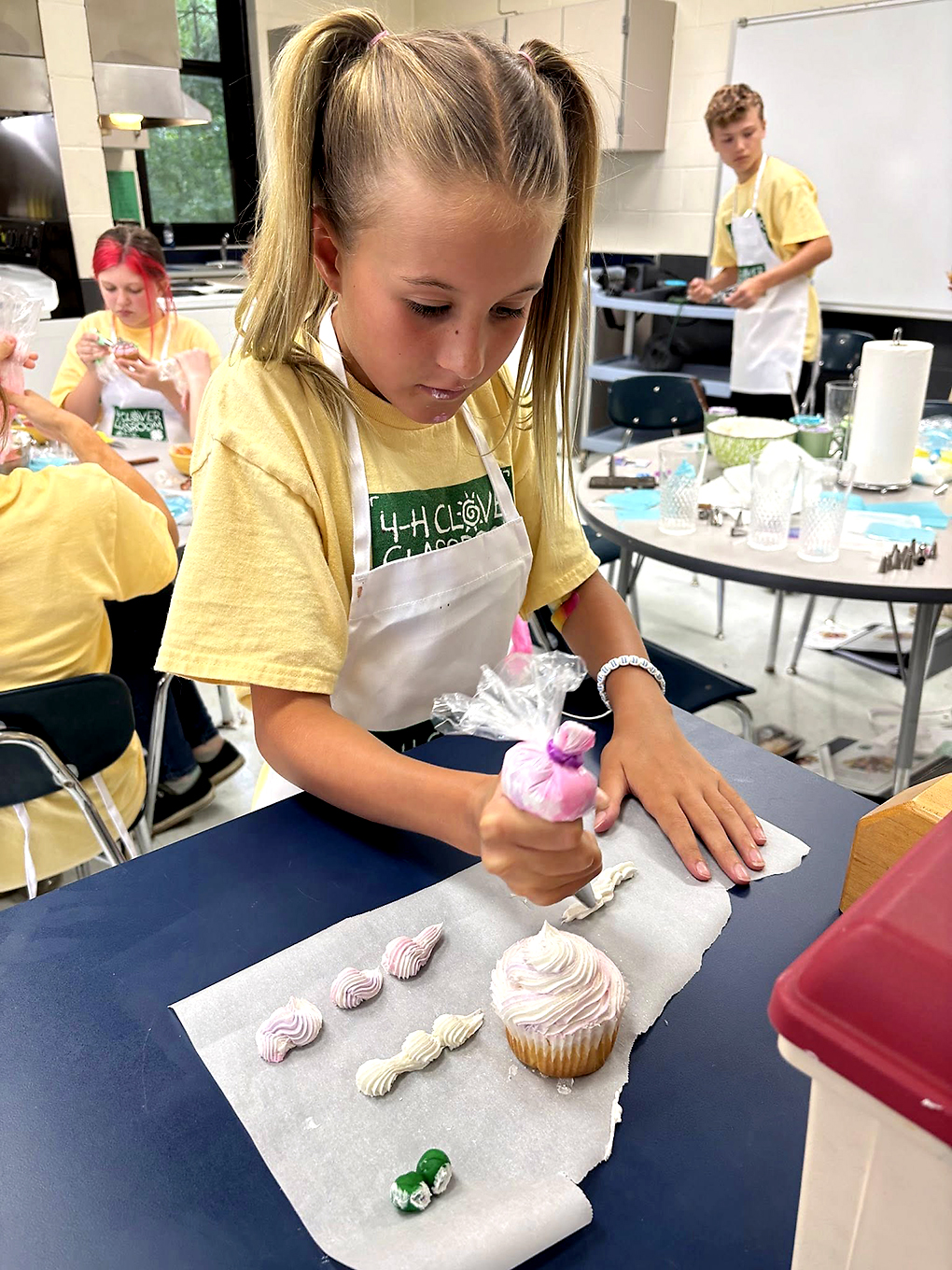Lawmakers weigh in on IVF procedures following court ruling
Published 12:15 am Tuesday, February 27, 2024
Alabama House Democrats have been the first to introduce legislation which aims to protect access to in vitro fertilization after the recent Alabama Supreme Court ruling that frozen embryos created through IVF are considered children under state law.
The court recently ruled in favor of three couples whose frozen embryos were accidentally destroyed at a Mobile fertility clinic. Justice Jay Mitchell cited the state’s 1872 Wrongful Death of a Minor Act which he said, “applies to all unborn children, regardless of their location.”
Trending
Justice Greg Cook offered the only dissenting opinion and said he believed the law was being stretched in its application to frozen embryos.
“No court — anywhere in the country — has reached the conclusion the main opinion reaches,” he wrote, adding the ruling “almost certainly ends the creation of frozen embryos through in vitro fertilization (IVF) in Alabama.”
The majority of the state’s IVF clinics paused fertility services in the wake of the ruling. Patients who have considered continuing treatment in other states have also run into road blocks as embryo shipping services have also suspended operations in Alabama.
House Rep. Corey Harbison spoke to The Times on Monday, Feb. 26, to discuss the ruling and the potential for legislative action. In the background, Harbison’s children could be heard playing and competing for their father’s attention. Both children were conceived through IVF treatments.
Harbison said, as someone who has had first had experience with IVF, that he was hoping for swift legislative action to protect what he believed to be a very “pro-life” procedure.
“I think that this ruling is honestly detrimental to a lot of Alabamians who are trying to bring life into this world. At the end of the day, I think IVF is as much of a pro-life thing that you can do. People are doing that to bring life into this world that would otherwise not be able to do so. It’s very much a pro-life thing and we’ve got to make sure that we correct this problem,” Harbison said.
Harbison said that rhetoric used by extreme anti-abortion advocates, “may have played some role” in the court’s decision, but also believed the state’s more recent Human Life Protection Act was written in a way to protect IVF treatments. That law defines and unborn child as, “A human being, specifically including an unborn child in utero at any stage of development, regardless of viability.”
Harbison said he believed legislators would be taking swift action to clarify the definition to only apply to embryos after they have been implanted into a biological uterus.
House Minority Leader Anthony Daniels introduced a bill — cosponsored by his fellow House Democrats Prince Chestnut, Ontario Tillman, Curtis Travis and Pebblin Warren — on Thursday which would bring some clarity to the law by codifying that “any fertilized human egg or human embryo that exists outside of a human uterus is not considered an unborn child or human being for any purpose under state law.”
GOP lawmakers have shied away from discussing how the ruling will effect abortion access, but several, including Gov. Kay Ivey and presidential candidate Donald Trump, have begun stepping away from the party’s previous majority views when it comes the personhood of unborn children.
“Following the ruling from the Alabama Supreme Court, I said that in our state, we work to foster a culture of life,” Ivey said. “This certainly includes some couples hoping and praying to be parents who utilize IVF. Republican colleague in the Legislature, Sen.r Tim Melson, along with Senate and House members, are working on a solution to ensure we protect these families and life itself. I look forward to continue closely following this issue.”
As of Monday, Feb. 26, Melson had not filed his proposed bill.
Former U.N. Ambassador Nikki Haley, Trump’s last major primary challenger, sided with the Alabama Supreme Court in a Wednesday interview with NBC News, saying, “Embryos, to me, are babies.” A day later, she told CNN she did not want to shut down IVF treatments and that, “Alabama needs to go back and look at the law.”
Republican Alabama Sen. Tommy Tubberville also offered reporters at CPAC conflicting statements on the topic. Originally Tubberville said he “was all for [the decision],” and that he was against attacks on families and children.
“We need to have more kids, we need to have an opportunity to do that, and I thought this was the right thing to do,” he said.
After reporters clarified how IVF was used as a means to conceive children, Tubberville appeared to reverse his stance without offering a definitive opinion.
“People need to have access. People need to … we need more kids. We need people to have the opportunity to have kids,” he said.
The conservative think tank Alabama Policy Institute agreed with the court’s ruling. In a statement released on Friday, the institute called for legislators to resist the urge to listen to what they described as a false narrative being pushed by fertility clinics.
“As lawmakers navigate a legislative response to the ruling, API advises them to thoughtfully and prayerfully address the situation at hand, rather than react to the incendiary rhetoric or the self-protective actions of IVF clinics,” the statement said.



